The 'old' curriculum passed both the expert review and the public debate in 2016, as well as reviews of Bavarian authorities and the Croatian Academy of Sciences and Arts (HAZU). The new working group for the subject of history was expected to finish its part in a short time. Instead, some members of the group have written another document, which - we are told - differs from the old in both the concept and the content.
80 pages
- We have serious problems with the history curriculum - says a member of the expert working group who wishes to remain anonymous. He finds the 'new' curriculum problematic.
-Are we to conclude that we have two different histories?
This time, the problem is not in the Ustasha vs Partisans, but in the concept, he says, adding that the consequences are difficult to predict.
- Does it mean that we are going back and opening fresh discussions about history and having new expert and public consultations, new reviews, new weighing of the matters? — he asks.
The new draft appeared on the desk of the coordinator of the overall expert working group for the curriculum (ERS) Radovan Fuchs (who is also a Prime Minister's adviser). It is 80 pages long and - say some people familiar with it - offers pupils a substantially broader content of learning material than the previous one. If that is the case, say the authors of the initial curriculum draft, the new document departs from the basic postulate of reform - the lessening of the burden on pupils and avoidance of learning by rote.
- According to my information, the initial curriculum draft has undergone a thorough makeover and is actually a new document - commented Neven Budak, a member of the initial expert working group for the history part [and former Dean of the Faculty of Philosophy].
-It is overloaded with content. As far as I know, the syllabus is defined in such detail that the reform of the teaching of history will come to nothing. It will necessarily be reduced to learning by rote again, rather than [offering] understanding of the material.
Head of the former working group for the subject of history Snježana Koren says she has heard of a parallel document, which fundamentally alters the existing draft, but cannot fathom who among the new group members would 'embark on such an adventure'.
- Their job was to improve the curriculum according to indications given by the public debate - she says.
- Those were largely positive, so that I do not understand what such a radical change could be based on. The members of the [new] working group should offer very good reasoning, both on the procedural and on expert grounds.
Optimism
Asked for the reasons for a new document in lieu of overhauling the existing one, coordinator of the new working group for history Marijana Marinović denied straying from the original concept.
- The working group appreciates and respects all the work done by our predecessors and we expect fruitful cooperation with all of them - she said.
- We must be affirmative and optimistic. We are still working on the document, the job is not finished, and it is not a new document but a finishing of the old.
Warned that the authors of the initial curriculum say otherwise, Marinović reiterated that all work of the initial working group had been respected.
- The basic deficiency of that curriculum was that it lacked specific content [of learning material]. According to the ERS methodology, we were expected to incorporate content. It may seem like a new [document] to some people, but it is not. We neither diminished nor negated the work of the previous group. Everything is inside. To someone who does not understand the issue it may look like a new document, and it's actually just restructured. I think this is a misunderstanding.
Marinović adds that the core and mandatory part of the curriculum is the national history in the European context and the world perspective. She hopes all pupils in Croatia will learn it.
- We are not stopping or forcing anything - she says adding 'ultimately, we will all accept the decision made by the expert working group and the Minister of Education.'
The Minister of Education is reportedly displeased with the idea of two curricula of history. She is said to have let it be known - at the last week's meeting of the ruling coalition, also attended by the Prime Minister - that she would withhold her signature from a new draft and expects a finishing of the initial one.
- It is true that we are still talking - says ERS coordinator Radovan Fuchs.
- I hope we will find a solution and reach consensus on a good, high quality curriculum of history.
In the political circles there is some speculation that, because of the new conflict within the history profession, the history curriculum may be the only one to be missing at the September start of school. Teaching might be done on the basis of the old one. The final decision should be made after a new round of negotiations.
Complaints against the new history curriculum:
● too much content, return to learning of facts by rote
● significantly restricts the concept of critical thinking
● does not relieve students of redundant material
● high school curriculum at the lower level than the vocational school curriculum






Komentari
0